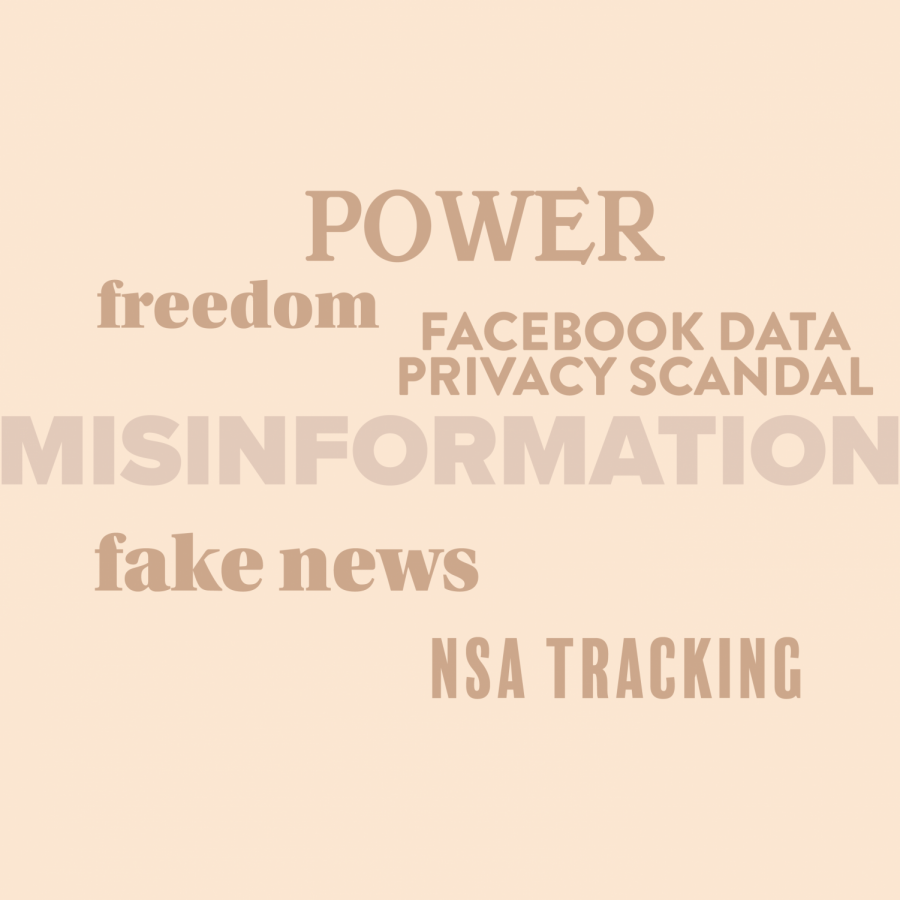Dictionary.com’s word of the year is not a surprise
Dec 3, 2018
As the year begins to wind down, there are a number of traditions we can all expect: The Hallmark Channel will air winter-inspired love movies, Times Square will set up the New Year’s Ball until it is ready to drop, search engines like Google will produce videos summarizing the most-searched matters over the last year and Dictionary.com will select the word it thinks best encapsulates 2018.
This year, Dictionary.com has chosen the word “misinformation.”
When announcing the word of the year, the website made a point to clarify that misinformation is not the same as disinformation. The website defines misinformation as “false information that is spread, regardless of whether there is intent to mislead.” Disinformation, on the other hand, is deliberate in nature.
In the past two years, the words awarded this title have been “complicit” (2017) and “xenophobic” (2016). With this in mind, “misinformation” as word of the year does not come as a surprise.
It is notable that Dictionary.com does not pick a word because it has been searched the most number of times or had the most comments from online users or any similar metric. The staff selects a word they feel should be brought to the attention of the general public and used as a conversation starter and education initiative.
Get The Daily Illini in your inbox!
In the last few years, it has become increasingly apparent that vernacular used in day-to-day conversation, and in international communication, carries substantial weight. Words are not just said and brushed aside, but rather intrinsically connected to self-identity, power, privilege and freedom.
It has also become apparent how little control we have over our words once they have been uttered by mouth or written by hand; a story can go viral before a correction can be made. Protests and fights have even broken out over stories that turned out to be falsified, but were still bought into by masses.
For reference, the Oxford Dictionary staff picked “toxic” as the word of the year, releasing a list of the ten most frequent words to be found next to toxic, including “masculinity,” “relationship,” “culture,” “waste” and “environment.” Unfortunately, these words don’t come as a shock, but placed alongside the notion of misinformation, a picture is painted of the very bleak manner in which this last year has been viewed.
Misinformation is not always malicious. It is not planned or preconceived, but it can cause great damage. As we move into the end of the year, as we reflect on all that has transpired over the course of the last chapter of our lives, we should be reminded to think before we speak, pause before we post and take a step back before we share a story.
Hayley is a senior in ACES.






